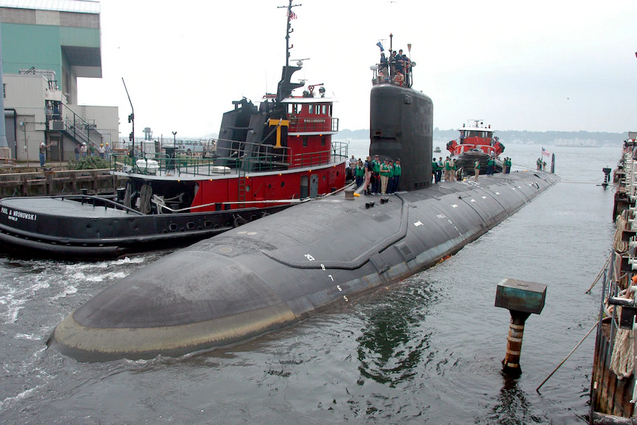Most notable was the former US vice-president Al Gore, who quoted Winston Churchill, saying: “The era of procrastination, of half measures, of soothing and baffling expedients, of delays, is coming to a close.
“In its place, we are now entering a period of consequences.”
Mr Gore said a political tipping point had been reached, and that a green revolution larger in scale than the industrial revolution and in pace with the digital revolution was now under way.

|
|
Greta Thunberg addresses protesters outside the climate summit in
Glasgow on Friday, local time. Credit: PA |
“It is not a secret that COP26 is a failure,” she said. “It should be obvious that we cannot solve a crisis with the same methods that got us into it in the first place.
“We need immediate drastic annual emission cuts unlike anything the world has ever seen.

|
|
Al Gore told the conference the world was entering a “period of
consequences”. Credit: Getty Images |
Another old man of the movement, US climate envoy John Kerry, told reporters he detected a great sense of urgency at the meeting compared to previous UN climate talks, but warned that the “the job is not done yet”.

|
|
Climate demonstrators gather in Glasgow during COP26 on
Friday. Credit: AP
|
The COP’s organisers have been relieved that outside analysts have projected that, if all the commitments so far made as part of the UN negotiations and in the so-called “Glasgow package” of side-deals that the UK has been pursuing for months in the lead-up to this meeting are kept, warming will peak at less than 2 degrees this century.
Before the COP, that figure was 2.7 degrees, and before the Paris talks it was 6 degrees, COP president Alok Sharma reminded a press conference.
A brief history of climate science and global climate negotiations. By Tom Compagnoni.
Delegates and negotiators have focused on hammering out the fine print of what is hoped will become a document some are already calling the “Glasgow pact”.
Though Mr Sharma would not say what the sticking points were in tens of different negotiating tracks, there is no secret that some states, like China, do not want 1.5 degrees locked in as the target.
Others are resisting calls from blocs of nations such as the so-called High Ambition Coalition – a caucus of both small island states and powerhouses such as the United States – to make the reporting of new reductions targets annual rather than a five-yearly responsibility for signatories of the Paris Agreement.
The arduous work of negotiating so-called article 6 – the rules governing a future global carbon market – grinds on, as it has now for six years.
Glasgow summit How the world ran out of time |
In the coming days, ministers will begin to return to the blue zone to check on the progress of their negotiators.
Mr Sharma is already demanding more from them, issuing a statement to the teams saying he expected work to start early and move quickly on Monday, and that he did not want COP to bleed on into its second weekend as it has in the past.
Glasgow Climate Summit
|
| Explore |
- ‘COP26 is a failure’: Greta Thunberg says climate summit has turned into a PR event
- (Video) Climate activist Greta Thunberg leads massive protest at COP26
- COP26: Thunberg tells Glasgow protest politicians are pretending
- Greta Thunberg joins a protest in Glasgow.
- (Video) ‘You can shove your climate crisis up your arse’: Greta Thunberg sings at Cop26
- If pledges already made at Glasgow are met, warming ‘to peak below 2 degrees’
- Australia, Pacific big brother or big bully?
- ‘Rule it out’: Government to oppose proposal for coal exploration in Hawkins area
- From early despair, progress at Glasgow suggests hope for big ambitions
- Carbon offsetting: does it actually work?
- ‘Marginalised’: Australia’s frosty reception on global warming at COP





